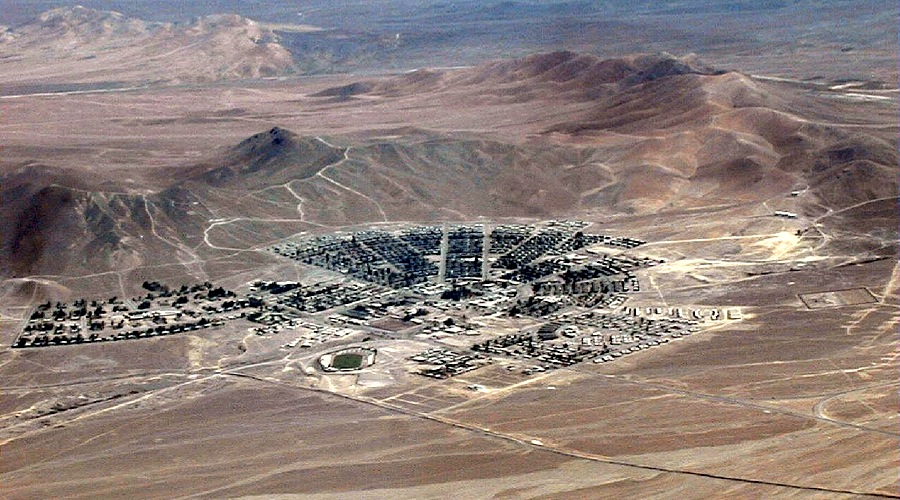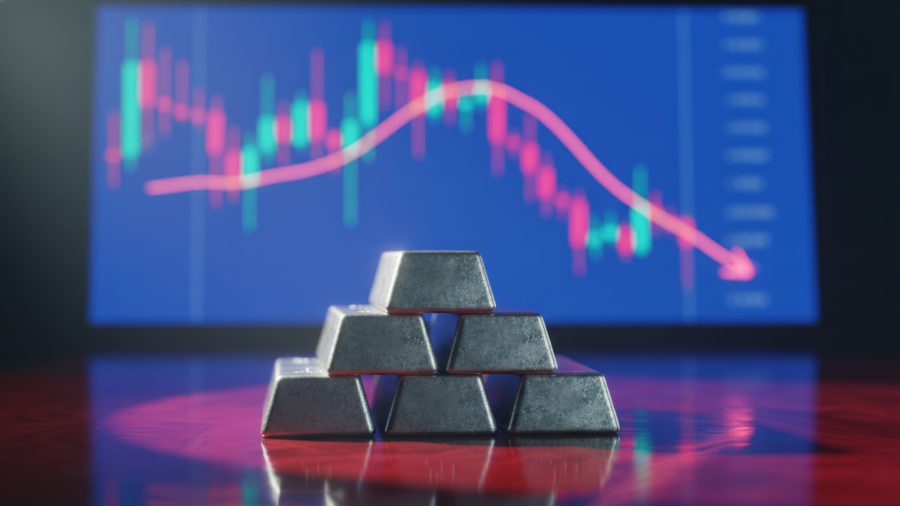Chile shuns copper giant investment as social problems mount

Chile’s government ruled out fresh funds for its strategic copper producer, as it plans to spend $3 billion this year to contain a wave of nationwide protests.
Codelco, as the world’s largest copper producer is known, needs billions of dollars to upgrade its mines but will need to find other sources of financing, according to Finance Minister Ignacio Briones.
“We’re not talking about a capital injection,” Briones said in an interview with Radio Pauta Bloomberg on Monday. “The state has always supported Codelco in such a way that it can access financing via capitalization or international markets.”
The government of President Sebastian Pinera is increasing spending to boost the economy and counteract the impact of more than two months of social unrest that have shuttered shops and delayed investments. Officials are also evaluating the costs of a healthcare overhaul, Briones said.
That has left Codelco to fund a $20 billion investment program on its own, or see output slump as copper grades decline. For a company already weighed down by $19.4 billion of debt, that is a tall order.
Codelco, or Corporacion Nacional del Cobre de Chile, has been able to keep its output steady over the past few years, but the ore it’s extracting is of increasingly lower quality, boosting processing costs. Without access to government funds, the company’s debt could soar to $21 billion, former Chief Executive Officer Nelson Pizarro said last year. It stood at $18.4 billion at the end of the third quarter, up from $15.5 billion at the end of 2018.
Credit downgrade
The nationwide protests began in October over a rise in the price of metro fares before ballooning to include much broader demands. Pinera initially called in troops and established a curfew before reversing course and agreeing to a plebiscite on a new constitution.
Still, his actions were too late to prevent a hit on one of Latin America’s richest economies. Economic activity has contracted for two months in a row, the central bank has warned of an all-out recession and the peso plunged to a record low before policy makers intervened.
Yet Chile’s government is not expecting a sovereign credit rating downgrade, as the country has a relatively low level of debt compared to other countries, Briones said in the interview. The nation’s debt levels should stabilize in 2024 after rising for several years, he said.
Taxes will rise gradually, though there’s no room to lift them to levels seen in Europe, he said, adding that Chile’s tax system must be simple, fair and pro-investment. The government plans to call a panel of experts to advise on a long-term tax strategy. That body will seek to establish a path for tax collection that’s in line with future economic growth, he said.
(By Eduardo Thomson, with assistance from Philip Sanders)
More News
{{ commodity.name }}
{{ post.title }}
{{ post.date }}




Comments